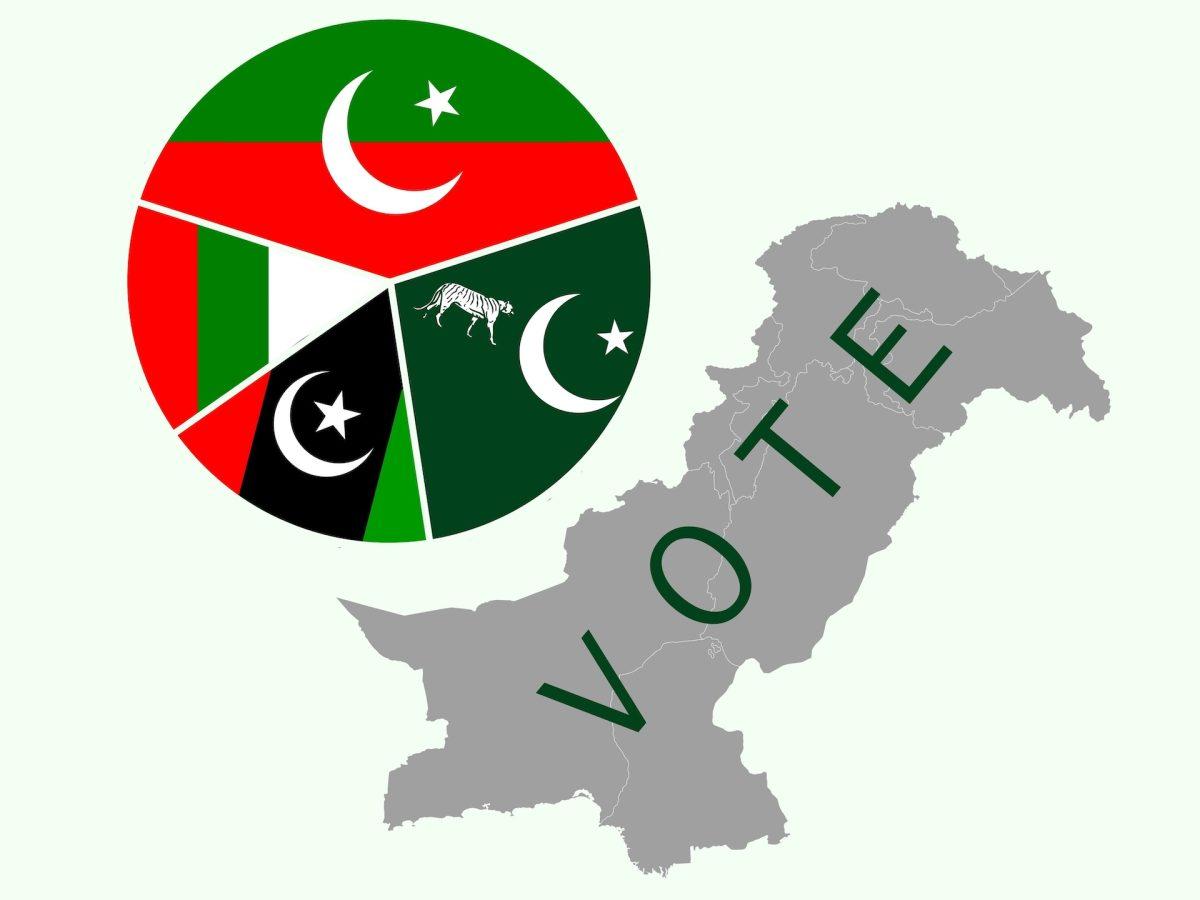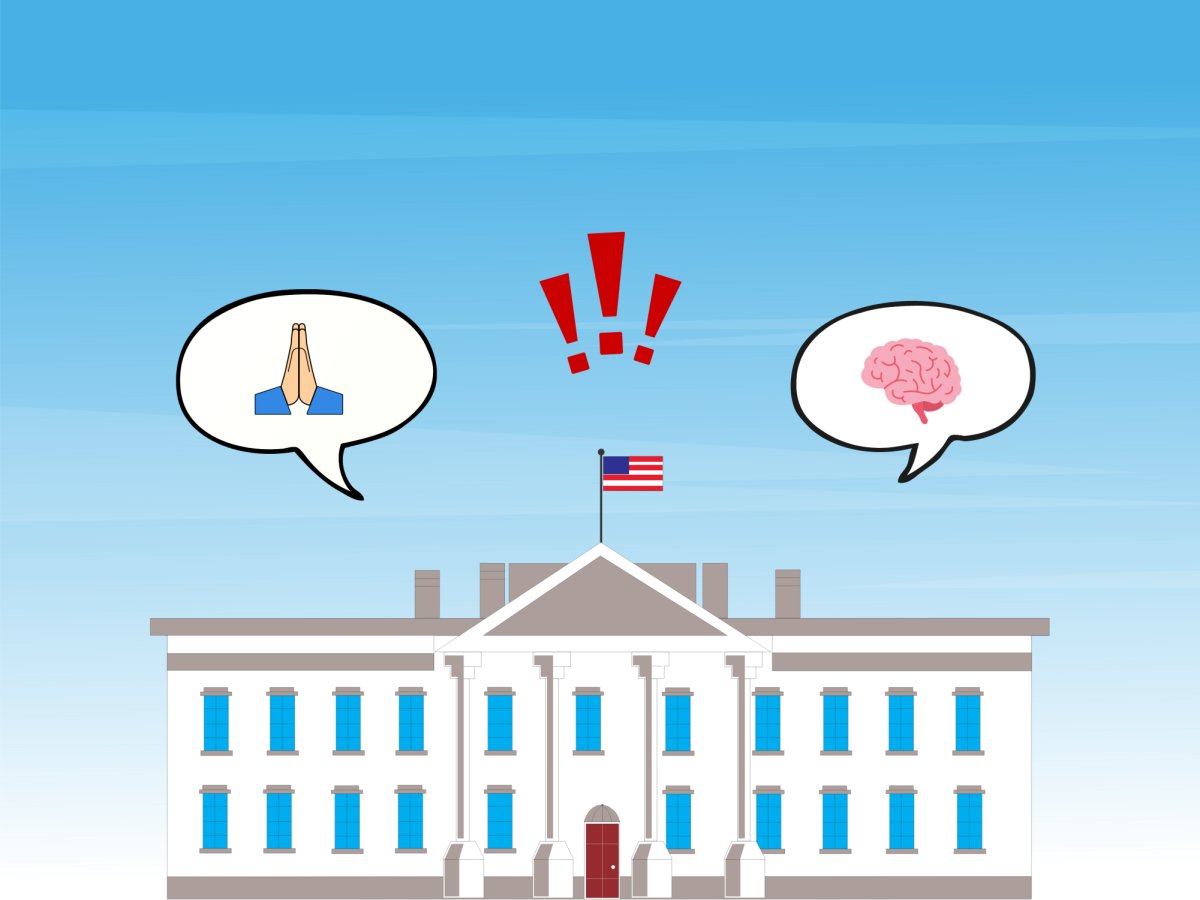In Pakistan’s general election Feb. 8, the Pakistan Movement for Justice (PTI) won 93 seats, a plurality in the National Assembly. This is the first time the largest party elected in the National Assembly didn’t enjoy the support of the military, who instead backed the Pakistan Muslim League (PML), which came in second by winning 75 seats.
Former Prime Minister Imran Khan and his party, the PTI, previously had the support of the Pakistan military after winning the 2018 election. However, in April 2022, the military backed the opposition’s vote of no-confidence against Khan and supported the PML’s leader, Shehbaz Sharif, to become prime minister. Sharif ’s family has led Pakistan on and off for multiple decades.
Since his ousting, Khan has become widely popular with the Pakistani people, thus prompting the military to jail him and ban his party from running with their electoral symbol in a country where many are illiterate. This would consequently force candidates for the party to run as independents in an attempt to ensure Khan’s political demise.
Violence, disruptions to internet connection, delays in election reporting and allegations of vote tampering by the military have all mired this election. This has done nothing but add more to the political crisis that has engulfed the country since Khan’s ousting.
While Sharif has stated his intention to form a coalition with the Pakistan People’s Party (PPP) and smaller parties, such a broad coalition with little support from the electorate will cause more instability in a country already reeling from economic chaos. This is also prominent with high inflation hitting the country, and Pakistan being forced to take a loan from the International Monetary Fund (IMF).
Overall, the government that will result from this election will not have public support, will not be capable of handling Pakistan’s troubles and will likely do very little for the country as a whole.












































